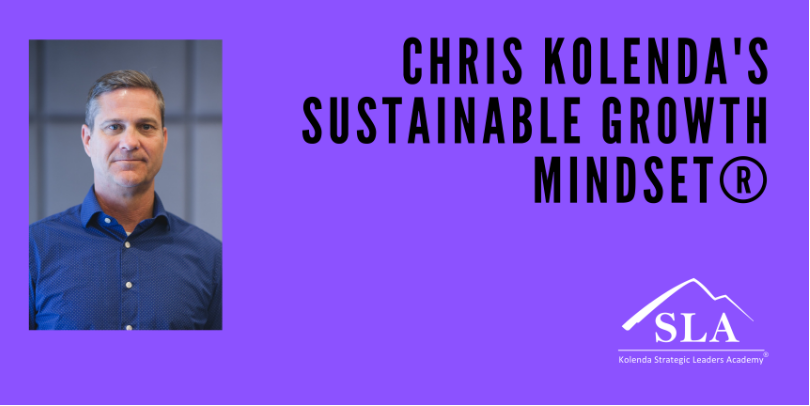6 Words you Should Never say to your Employees
Can I give you some feedback?

Those six words create anxiety in even the most self-assured and high-performing employees because they know what’s coming next.
The feedback sandwich.

You hate giving feedback because you don’t want people to feel bad, so you try softening the blow by saying something nice up front and at the end while sandwiching the criticism in the middle.
You: “Joe, can I give you some feedback?”
Joe, cringing, “Uh, sure.”
You: “I liked your presentation. However, slide seven was too complicated; you said um and ‘you know’ way too many times, didn’t handle the third question very well, and seemed tired at the end. Nice work, overall, though.”
Huh?
That’s a classic feedback sandwich. The empty compliments are like the slices of bread; the criticism is the meat in the middle. No matter how you slice it, it still tastes like sh!t.
You feel better, but Joe’s ready to vote with his feet.
You might think the presentation was good, except for the points you mentioned, but Joe feels your compliments are insincere. You made the standard error of generalized compliments and specific criticisms. It’s easy for Joe to tell where you spent your mental energy and what you think.
It’s even worse because Joe believes you’re attacking him personally. Notice that you gave low-utility criticism. Joe cannot act on any of it. You’ve given him no way to get better.
Sound familiar?
What if you provided balanced, forward-looking feedback?
- First, you need a review after every presentation or significant action.
- You should provide compliments with the same level of specificity as the criticism.
- You must offer high utility: your compliments and criticisms should be actionable.
- Focus on action steps to sustain what’s awesome and improve what’s not.
You’re right back on track with:
- “Let’s have our normal review.”
- “Joe, slides 1-6 were terrific — tight, clear, and focused. Slide 7 was difficult to understand. In what ways can you make slide seven more like slides 1-6?”
- “You nailed questions 1, 2, and 4 with specific answers backed up by data. What caught you off guard about question 3? What can I do to help you prepare for those big-picture questions?”
You get the idea. Your feedback (or feed-forward) needs to focus on improvement, not criticism. Joe needs to know you’ve got his back and want him to be successful.
_________________________________________________________________________________________
Get more action steps about leadership and accountability in these recent podcast interviews:
Conflict management and leadership in Wake-up Call hosted by Mark Goulston. https://mywakeupcall.libsyn.com/ep-370-chris-kolenda
Gaining buy-in: Modern Leadership hosted by Jake Carlson: https://jakeacarlson.com/288-biking-1700-miles-for-my-troops-with-chris-kolenda/
Leaders as exemplars in Get Uncomfortable with Shae McMaster: https://podcasts.apple.com/us/podcast/get-uncomfortable/id1557553154?i=1000575764193
How to get good at getting better: Getting Down to Business with Shalom Klein. https://anchor.fm/shalom-klein/episodes/Podcast-of-Get-Down-To-Business-with-Shalom-Klein–08142022—Chris-Kolenda–Chris-Kolenda-and-Kimberly-Janson-e1mbu0q





